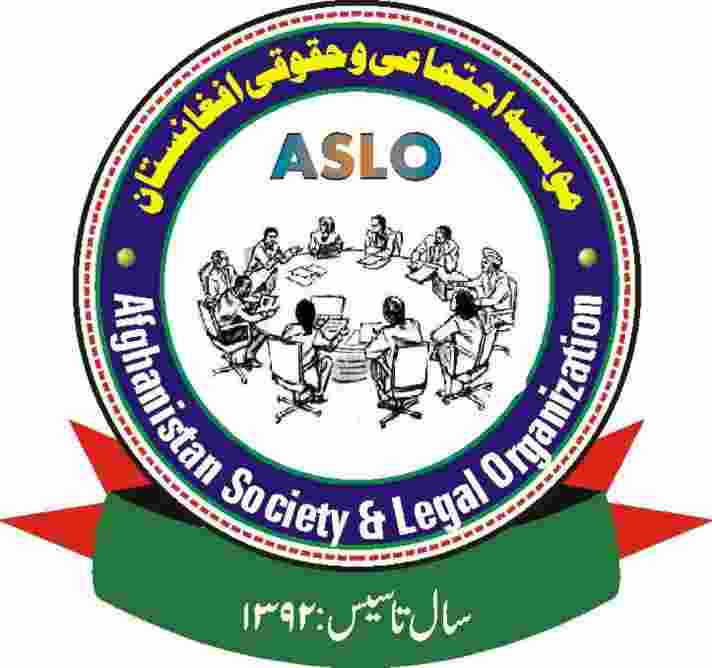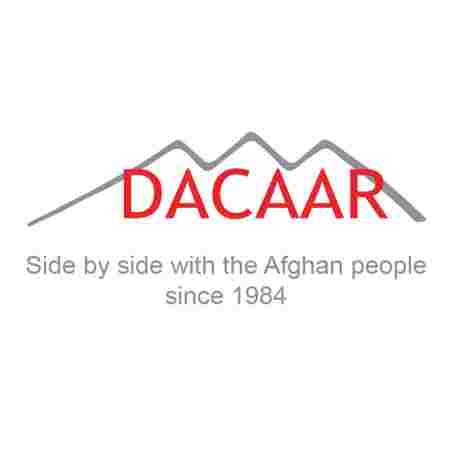Job-Specific Information
Under the direct supervision of the Project Manager, the Agriculture Specialist will play a critical role in ensuring the technical quality, relevance, and sustainability of agricultural interventions under WERP. The incumbent will contribute to needs assessments, design technical packages, liaise with government and community stakeholders, and provide training and technical guidance on best agricultural practices, including Integrated Pest Management (IPM) and disease control.
2. Key Functions
2.1. Field Assessments & Technical Support
● Conduct field visits to target communities and project sites to assess agricultural conditions, needs, and opportunities.
● Collect data on soil type, cropping patterns, pest/disease presence, water use, and climate suitability.
● Support in the identification and prioritization of high-value and climate-resilient crops suited to local conditions.
2.2. Coordination with Stakeholders
● Maintain close coordination with DAIL and other stakeholders for technical alignment and project approvals.
● Participate in joint planning and review sessions with local authorities and implementing partners.
● Represent UNOPS at technical coordination meetings related to agriculture and food security.
C. Project Design and Planning
● Contribute to the development of technical specifications and intervention packages for crop production, orchard establishment, and demonstration plots.
● Provide input to concept notes, proposals, and scopes of work related to agriculture value chain system.
● Assist the procurement team in defining quality standards for seeds, fertilizers, and other agriculture tools.
D. Training and Capacity Building
● Deliver Training of Trainers (ToT) programs for CSA, and farmer community.
● Develop training modules and field manuals on good agricultural practices (GAP), IPM, soil fertility management, and crop calendar.
● Support demonstration sessions, and hands-on learning opportunities for targeted beneficiaries.
E. IPM and Plant Health Management
● Provide technical guidance on pest and disease monitoring, control strategies, and safe pesticide use.
● Promote integrated approaches including cultural, biological, and mechanical control methods to reduce dependency on chemical pesticides.
● Contribute to the development of awareness materials and guidelines for sustainable pest management.
F. Reporting and Knowledge Sharing
● Prepare technical reports, field assessment summaries, and input for donor progress reports.
● Document success stories, lessons learned, and case studies for internal and external sharing.
3. Qualifications and Experience
a. Education
● Bachelor's degree in Irrigation, Agriculture, Water Resources Management, or a related field.
b. Work Experience
● Minimum of 2 years of relevant experience in Agriculture.
● Experience in farm-based projects, preferably in remote areas.
● Demonstrated experience in training and capacity building for farmers and stakeholders.
● Knowledge of solar-powered irrigation technologies and water conservation strategies.
c. Language Requirements:
● Fluency (oral and written) in English is required.
● Pashto and Dari languages are desired.
Key competencies
Integrity & Inclusion: Treats all individuals with respect; responds sensitively to differences and encourages others to do the same. Upholds organizational and ethical norms. Maintains high standards of trustworthiness. Role model for diversity and inclusion.
Leading Self & others: Acts as a positive role model contributing to the team spirit. Collaborates and supports the development of others. For people managers only: Acts as positive leadership role model, motivates, directs and inspires others to succeed, utilizing appropriate leadership styles
Partnering: Demonstrates understanding of the impact of one's own role on all partners and always puts the end beneficiary first. Builds and maintains strong external relationships and is a competent partner for others (if relevant to the role).
Result Orientation: Efficiently establishes an appropriate course of action for self and/or others to accomplish a goal. Actions lead to total task accomplishment through concern for quality in all areas. Sees opportunities and takes the initiative to act on them. Understands that responsible use of resources maximizes our impact on our beneficiaries.
Agility: Open to change and flexible in a fast paced environment. Effectively adapts one’ own approach to suit changing circumstances or requirements. Reflects on experiences and modifies own behavior. Performance is consistent, even under pressure. Always pursues continuous improvements.
Solution Focused: Evaluates data and courses of action to reach logical, pragmatic decisions. Takes an unbiased, rational approach with calculated risks. Applies innovation and creativity to problem-solving.
Effective Communication: Expresses ideas or facts in a clear, concise and open manner. Communication indicates a consideration for the feelings and needs of others. Actively listens and proactively shares knowledge. Handles conflict effectively, by overcoming differences of opinion and finding common ground.



